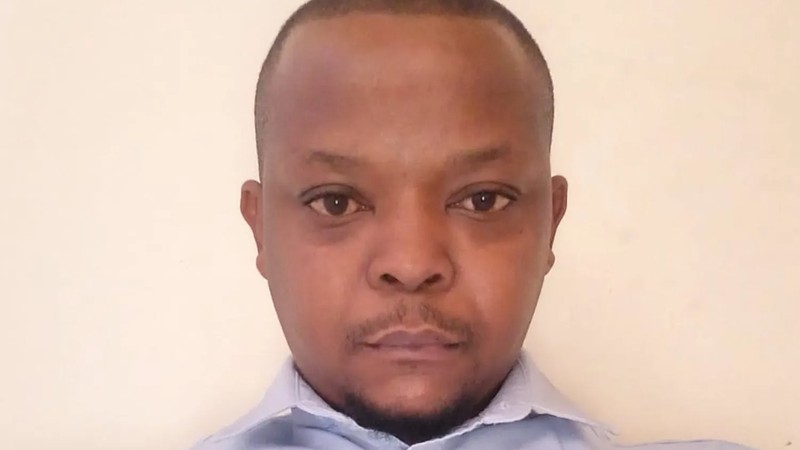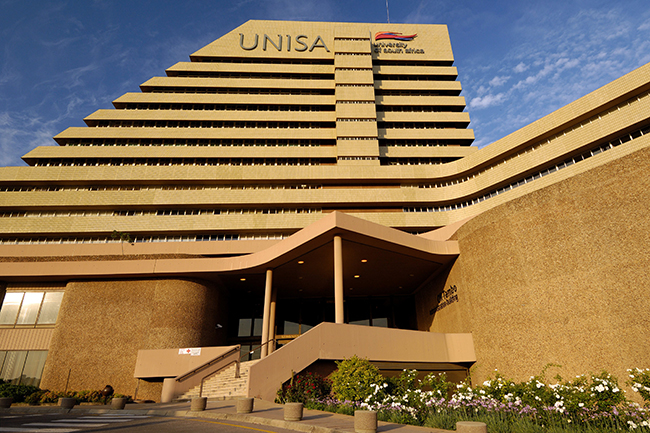A University of South Africa (Unisa) student, Setumo Motsei, is speaking out about the ongoing struggles he has faced while trying to complete his Honours Degree in Statistics, a journey that has spanned nearly a decade. The 36-year-old from Soshanguve, north of Pretoria, claims that his completion of the degree has been delayed by repeated failures in a single module, the Research Project in Statistics, which he has been forced to retake numerous times since he registered for it in 2014.
Motsei initially embarked on his postgraduate journey with high hopes. He was able to continue with his honours after completing all but one undergraduate module, a non-major subject. However, his dream was soon overshadowed by difficulties with the Research Project.

Setumo Motsei, UNISA Student
Motsei’s issues began in 2014 when he registered for the Research Project in Statistics. He said his research, titled “A logistic regression analysis application in predicting pharmacy student performance using matric results”, was often rejected or failed by his first supervisor, Professor Edmore Ranganai, who he described as unhelpful. Seeking better guidance, Motsei approached the Department Head, Professor Eeva Rapoo, and she became his new supervisor. Unfortunately, his frustrations only grew.
Motsei alleges that Professor Rapoo was frequently unavailable to offer proper supervision and that when he submitted his work, he received feedback that led to numerous rejections. Despite making changes based on Rapoo’s notes, he claims he was continually failed with little to no clear reasons for the marks he received.
“I did the subject at least seven or 10 times, I don’t remember not submitting. It was always the same thing: she would suggest changes, then shift the goalposts on the final mark. There was no winning with her,” Motsei explained.
In a bid to understand what was happening, Motsei turned to an external professor, who reviewed his work. This professor, based at a Gauteng university, marked Motsei’s paper and gave it a 72%, an indication that his research was of high quality but with some minor errors. Motsei also had the paper reviewed by another professor overseas, who awarded it a 76%.
Motsei, confident that his work had been unfairly marked, reached out to the Unisa department, presenting these external reviews. To his shock, the department did not believe his claims and accused him of marking his own work. He then sent the work to Dr. Majika Jean Claude Malela, a former Unisa academic who had reviewed his work externally, and despite the positive marks from independent reviewers, Dr. Malela gave him a 45%.
Motsei suspects collusion between the professors and alleges that they may have deliberately failed him, citing the consistent discrepancies in his marks.
Motsei says that despite his efforts, Unisa’s Ombudsman did not help resolve the issue, further frustrating him. When he raised his complaints, the university offered him an alternative path: to register for a new module and drop the Research Project in Statistics. However, Motsei feared that he would still be subjected to the same fate of failure.
The university claims that when a module is phased out (like the Research Project in Statistics), students who had already registered for it are allowed to continue completing it. However, if they fail, they are given a grace period of one or two years before they are advised to re-register for a new module.
Motsei, who feels the delay has cost him his academic progress, has argued that if he had been awarded his honours degree, he would have been well on his way to completing a PhD by now. He is demanding compensation for the eight years he claims were wasted due to what he believes was unfair treatment by the department.
While Motsei’s case is unique, he is not the only student to come forward with similar grievances. Another student, who wished to remain anonymous, also alleged that the department failed to provide proper supervision for her honours project, leaving her with a low mark after two years of delays. She has now been unable to register for a Master’s due to the poor grade.
Motsei’s case also touches on allegations of discrimination, with suggestions that black South African students, in particular, are being unfairly treated. The external professor who reviewed Motsei’s work has even suggested that there may be an effort to deliberately fail South African students, especially black students.
In response to Motsei’s allegations, Unisa has denied any wrongdoing. The university confirmed that Motsei has been in correspondence with the institution since 2019. They also emphasized that, while external moderators can be used, students cannot bring their own examiners. Regarding the Ombudsman, Unisa stated that the independent office did assist Motsei by recommending that he register for a new module, but Motsei declined.
The university also maintains that they use a clear rubric to assess student work and that they provide feedback on where improvements should be made. They expressed that staff are expected to maintain high ethical standards and that students who believe they have been treated unfairly should escalate their complaints to the Dean or University management.
The university further confirmed that Motsei had been given another supervisor, but his failure to re-register for the module meant supervision never took place.
